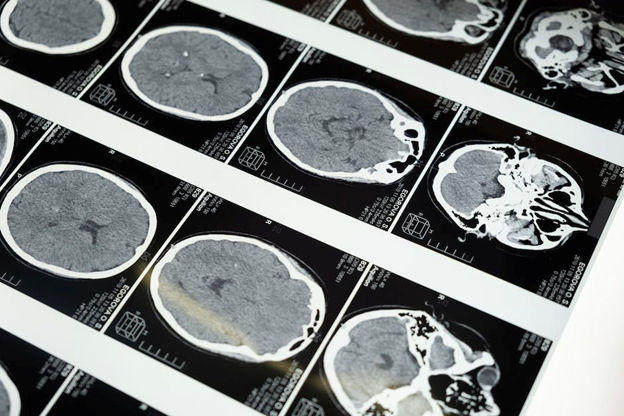Addiction is the compulsive use of substances with unpredictable behavior to match it. It is usually harmful behavior, but even then, that won’t stop a person who is addicted to substances. But addiction can have many negative consequences on more than just the brain, such as health issues, social problems, financial problems, or legal problems.
Once a physical dependence occurs, the body needs the drug to survive, causing withdrawal symptoms if you try to stop using the drug. Psychological dependence occurs when the brain becomes used to having them. Even if you haven’t had the substance in a while, your brain will still crave the effect because it is already expecting to get it. Using substances can greatly harm your brain, and this article is going to teach you what happens to your brain when you become addicted to substances.
Effects of Substances on the Dopamine System in the Brain
Dopamine is a neurotransmitter, which are chemicals released by neurons to communicate with each other. Dopamine is highly integrated with reward, motivation, and pleasure. It is also responsible for feelings of satisfaction after completing a task. Meaning dopamine is the driving factor in the reward system.
Dopamine has been shown to play a major role in drug addiction. When you use drugs or alcohol, the amount of dopamine that your neurons release in the brain increases drastically compared to normal everyday tasks. This creates a pattern within the reward system, making you feel good and using them over again to achieve the same effect. Thus, becoming dependent on them and needing them to function.
Neuroadaptation and Tolerance
Neuroadaptation is the brain’s response to drugs. It’s your brain’s way of trying to adapt to the increase in dopamine to make the amount less effective. This creates the effect that you need more and more of it to get that high feeling.
Tolerance is when neuroadaptation occurs, and, therefore, you need more of it to have an effect on you. So your brain will actually engulf the dopamine receptors in the cells of your body so that there are fewer receptors available in the cell membrane. When there are fewer receptors available in the cell membrane, it won’t have as many ways to transport dopamine into the cell and overwhelm the cell.
Once there are fewer receptors available, small doses of dopamine will no longer fulfill the needs of the cell. Therefore, it will crave more and more ways to get that dopamine, and that is why you become addicted to drugs or alcohol. Your body needs more and more dopamine now that you have fewer receptors to get the same response.
Reinforcement and Reward
Reinforcement’s the process in which the brain reacts to certain behaviors that lead to the reward system being strengthened. This refers to any stimulus that strengthens the behavior. In substance use, that is usually the drug or alcohol of the user’s choosing.
The reward is the positive effect that the individual will experience because of the reinforcement. So that would be the feeling of being high. Some users enjoy the relaxed or happy feeling they feel. Others enjoy the intense euphoria that drugs can bring. Whatever drives your choice of substance will determine what kind of reward will keep you coming back to use it again and again.
Craving and Relapse
Some people may say that cravings and relapse are the two biggest hurdles you will face in recovery. All of the things mentioned above — the dopamine system, neuroadaptation and tolerance, and reinforcement and reward — are the reasons why someone will have cravings that may eventually lead to relapse.
Many years ago, it was believed that once the brain formed, it couldn’t be changed. But through years of research, we have learned that the brain is adaptive. That means that the brain can change and acclimate when needed. So when you decide to get treatment for your addiction, the cravings and urge for relapse with be very strong. However, over time, it will get easier and easier to avoid those feelings. They will get easier to manage and may even become nonexistent at some point.
The brain is an amazing organ that is so strong and resilient. It can make us do many things, but you also can work on healing your brain. Unfortunately, substance use does cause some damage to the brain. However, it can be very comforting to people that some of the damage can be reversed and repaired when someone stops using drugs.
If someone tries to say that they could never become addicted to substances because they have tried one drug before and they didn’t get addicted, know that that’s not how it works. Unfortunately, some people will become addicted after the first use, and others might take a few uses to become addicted. That is why it is best advised to avoid substances altogether.
Our brains are one of the most amazing organs in our bodies. However, the use of substances can lead to addiction to those and other substances. The brain is a fascinating organ that responds to the changes brought to it. So when you start using substances, the brain will change and adapt to try to protect itself from receiving too many stimuli. Fortunately, your brain can recover. You can overcome the cravings that you will endure during detox and the early parts of treatment and recovery. If you or someone you love is in need of addiction treatment, call (480) 741-9414 or complete an insurance form. Buena Vista is here to help you regain control of your life and relationships.





